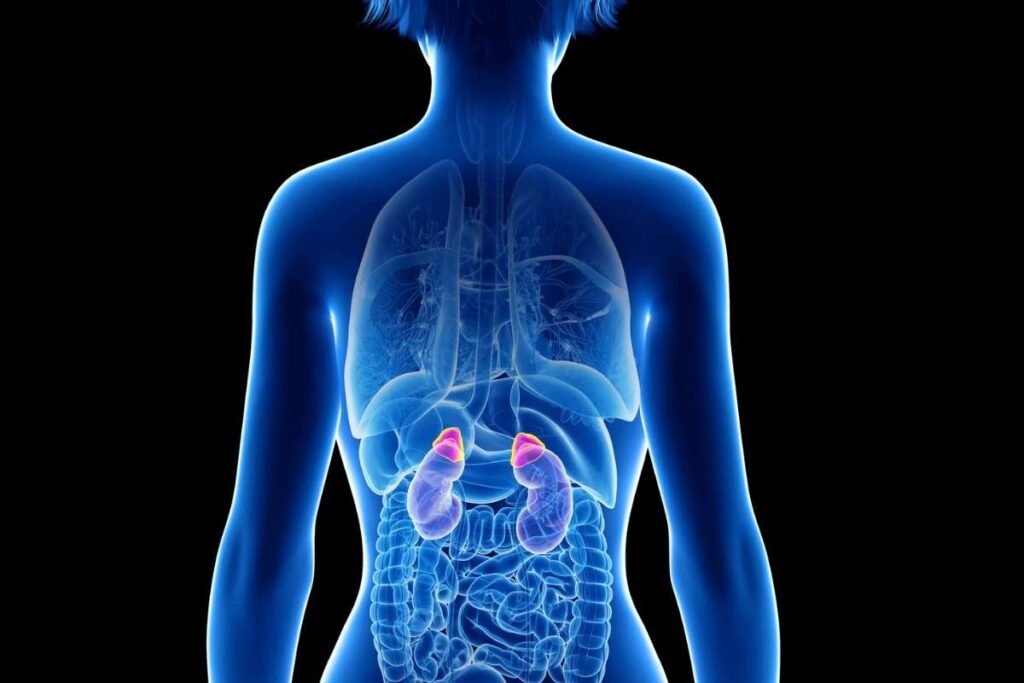You might have encountered the term “Cortisol” in everyday conversations or while browsing social media, where health influencers frequently discuss its significant role in human well-being. While many view it as harmful, cortisol plays essential and beneficial roles in the body. Cortisol is a hormone your body relies on. It is vital to manage energy, control blood sugar, and control inflammation. However, when it stays high, it begins to wear you down. You might notice the changes in your mood, belly fat, or energy levels, and not realize cortisol is the reason behind it. so food is also important factor for Cortisol So in this blog we known the Foods That Reduce Cortisol and help to stay healthy
While rest and movement are essential, what you eat makes a huge difference, too. The body’s response to stress is heavily influenced by nutrients, blood sugar, and gut health, all of which can be supported with simple foods. In fact, foods that reduce cortisol are often the same ones that help you feel grounded, steady, and focused throughout the day. This article will discuss how cortisol functions, how stress throws it off balance, and the 12 most effective foods to help your body recalibrate.
What is Cortisol?
Cortisol is a hormone your adrenal glands produce that helps regulate energy, blood pressure, blood sugar, immune response, and your body’s natural sleep-wake cycle. It’s released in response to stress, helping you stay alert and energized in moments of danger or challenge. It’s part of your HPA axis (hypothalamic-pituitary-adrenal), the network that manages stress response.
How Does Cortisol Impact the Body During Stress?
In short bursts, cortisol sharpens focus and gets you through emergencies. Modern life creates chronic stress, and your body doesn’t distinguish between a missed deadline and an actual threat. Over time, these effects can lead to more serious conditions like type 2 diabetes, heart disease, and depression. That’s why supporting your body with foods that reduce cortisol is essential for mental calm and physical health.
When cortisol remains high, it can:
- Disrupt sleep
- Increase appetite and belly fat
- Spike blood pressure and blood sugar
- Suppress immune function
- Causes anxiety, fatigue, or irritability
Also Read :What Are Some Foods To Avoid GERD? Here Is How You Can Reduce Constant Acid Reflux
12 Foods That Reduce Cortisol
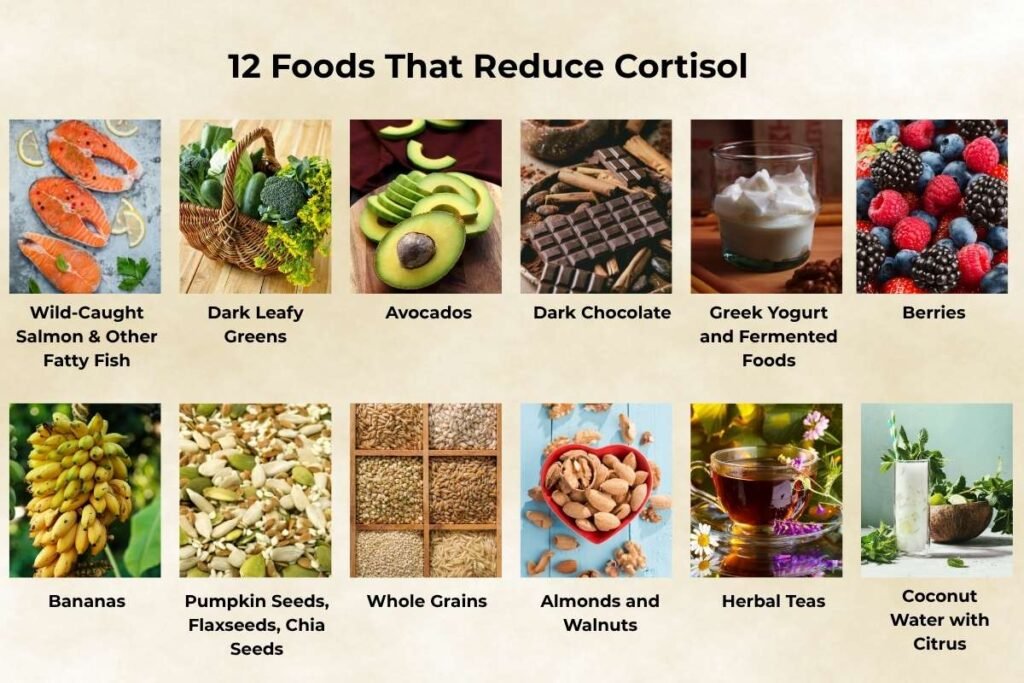
1. Wild-Caught Salmon and Other Fatty FishArun-MR
Fatty fish like salmon, sardines, trout, and mackerel are some of the most researched stress-reduction foods. They’re rich in long-chain omega-3 fatty acids, EPA and DHA, which lower inflammation and support brain health. Inflammation plays a huge role in how the body handles stress, and omega-3s help regulate the immune and nervous systems together.
Studies have shown that consistent omega-3 intake is associated with lower cortisol output during stress and better heart rate variability (a marker of resilience). EPA helps calm an overactive HPA axis, and DHA supports serotonin levels.
Eating 2–3 servings of fatty fish a week can be one of the most effective ways to lower cortisol naturally. For those who don’t eat fish, algae-based supplements offer plant-based omega-3s.
2. Dark Leafy Greens (Spinach, Kale, Swiss Chard)
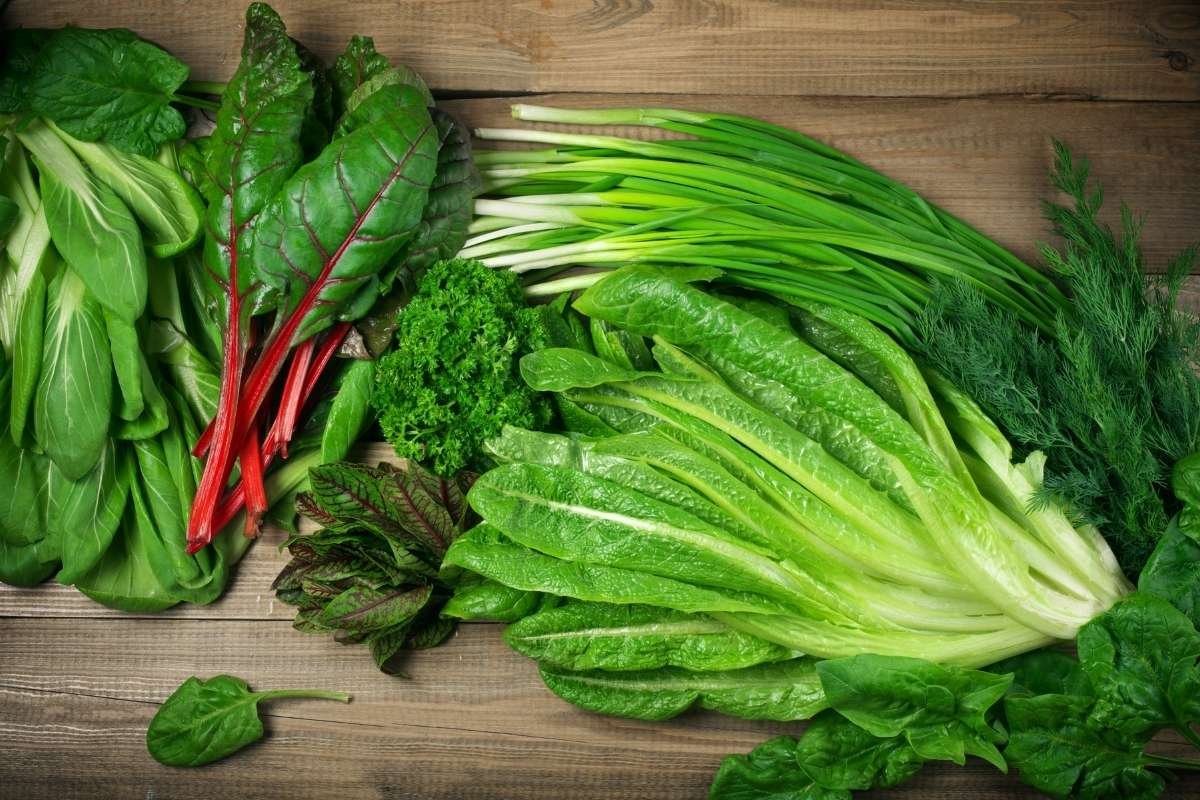
Magnesium is often called nature’s chill pill, and leafy greens are full of it. Magnesium helps regulate the HPA axis and dampens the body’s stress response. Your body releases more cortisol when your magnesium is low.
Spinach, kale, and Swiss chard also contain folate, vitamin C, and antioxidants that support adrenal function. They help your body metabolize cortisol more effectively and improve nerve signaling. Among all foods that reduce cortisol, leafy greens are one of the most essential daily staples. These greens also support healthy digestion and gut flora, indirectly lowering stress and boosting mood.
Aim to include at least one cup of cooked or raw leafy greens daily. Sauté spinach in olive oil with garlic, blend kale into a smoothie, or chop Swiss chard into a hearty soup.
3. Avocados
Avocados are high in potassium, magnesium, vitamin B6, and monounsaturated fats. All of these play an important role in calming the nervous system. Potassium, in particular, helps regulate blood pressure, which spikes when cortisol is high. Magnesium and B6 support neurotransmitter function, helping produce serotonin and GABA, chemicals responsible for feelings of calm and well-being.
What makes avocado especially valuable is its perfect balance of fat and fiber, which helps keep blood sugar stable. That alone is crucial because blood sugar crashes can trigger cortisol surges.
Try half an avocado with sea salt and lemon, or mash it over whole-grain toast with chili flakes. Add to smoothies or nourish bowls for a creamy, calming boost.
4. Dark Chocolate (70% and above)
Few things feel more indulgent yet beneficial than dark chocolate. It contains flavonoids and polyphenols, natural plant compounds that support brain health and reduce inflammation. Studies have shown that consuming moderate dark chocolate can lower cortisol levels and improve mood.
It also contains magnesium, which helps modulate stress hormones. Choose a variety with at least 70% cocoa and low in added sugar, since too much sugar can do the opposite, raising cortisol.
One or two small daily squares can offer a calming effect and antioxidant protection. Pair it with berries for a cortisol-friendly dessert that satisfies.
5. Greek Yogurt and Fermented Foods
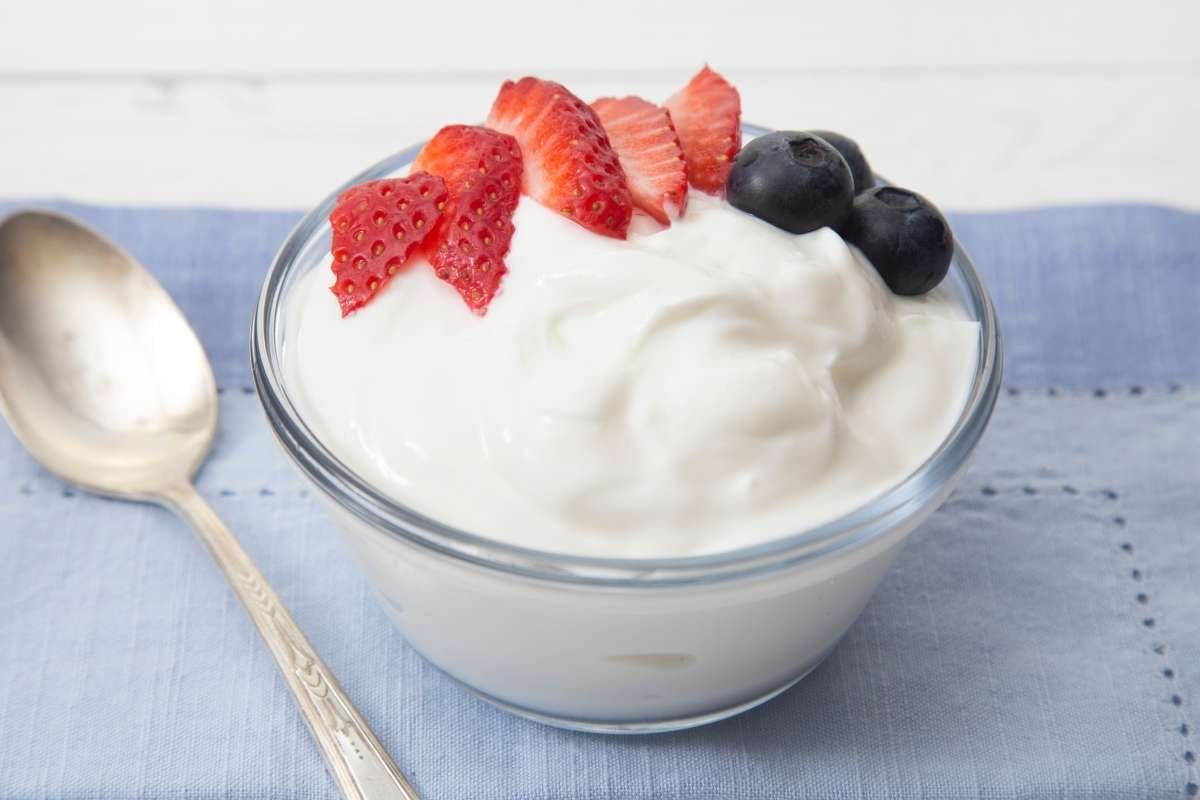
Gut and mental health are tightly linked, and the gut–brain axis plays a significant role in cortisol regulation. Fermented foods like yogurt, kefir, kimchi, and sauerkraut provide probiotics, beneficial bacteria that support gut health and reduce systemic inflammation.
A balanced gut microbiome helps improve how your body reacts to stress. Research has shown that people with probiotic-rich diets show lower cortisol levels and less anxiety. Among foods that reduce cortisol, probiotics work on a foundational level.
Include a serving of Greek yogurt with berries for breakfast or add kimchi to rice bowls. Kefir smoothies with bananas and seeds make for a cortisol-friendly snack.
6. Berries (Blueberries, Strawberries, Blackberries)
Packed with vitamin C, fiber, and polyphenols, berries are one of the best antioxidant-rich foods for lowering cortisol naturally. Vitamin C plays a direct role in reducing cortisol levels in the body, especially during acute stress.
Berries are full of fiber, which slows sugar absorption and stops insulin spikes that trigger cortisol. They also pack flavonoids, natural compounds that boost brain health and help protect your mind from stress damage.
Add them to your morning oatmeal, toss them into smoothies, or eat a handful as an afternoon snack. They’re one of the tastiest foods that reduce cortisol and offer impressive long-term benefits.
7. Bananas
Bananas are a convenient, portable potassium, magnesium, and vitamin B6. These nutrients help relax muscles, regulate blood pressure, and support mood, lowering cortisol.
Bananas are a must on the list of foods that reduce cortisol. They also contain tryptophan, an amino acid that converts to serotonin in the brain, enhancing feelings of calm. They’re the best pre-or post-workout snack because they offer quick carbohydrates without the blood sugar crash.
Pair with almond butter for a balanced, cortisol-friendly snack for extra stress support.
8. Pumpkin Seeds, Flaxseeds, Chia Seeds
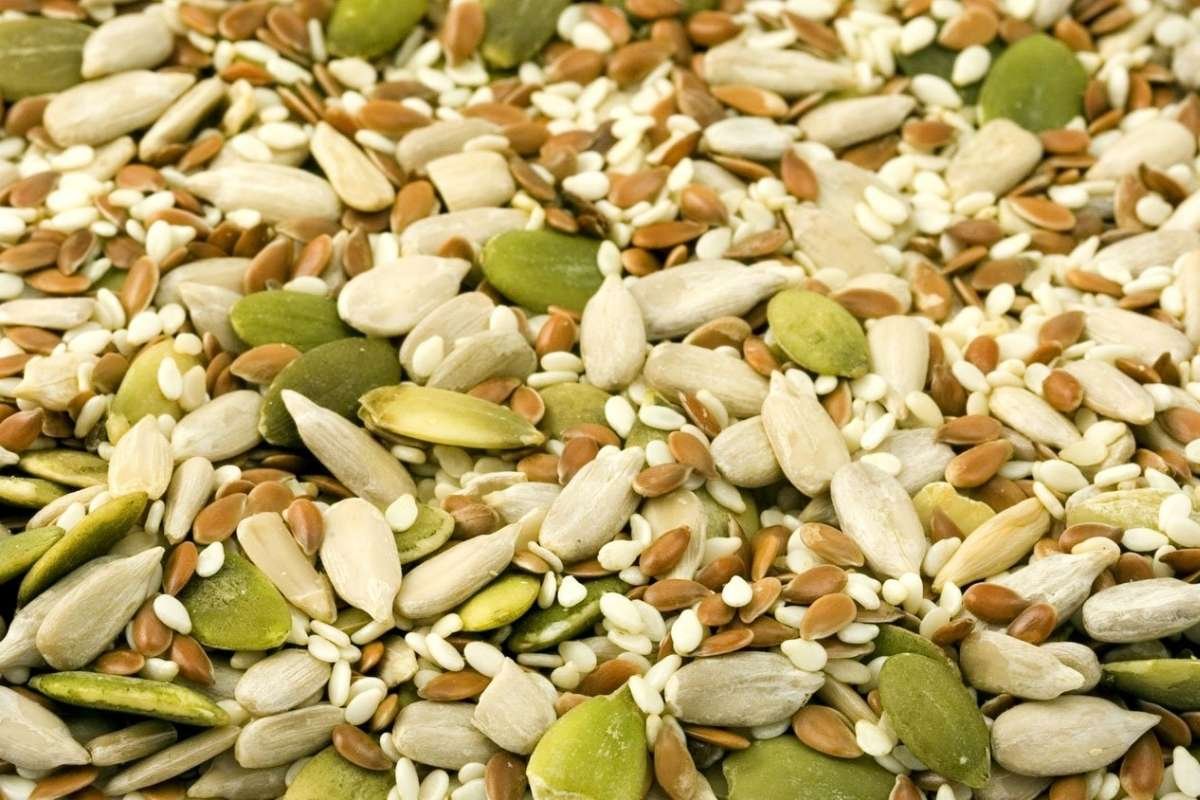
These tiny seeds pack a significant punch. Pumpkin seeds are rich in magnesium and zinc, two vital minerals in managing cortisol. Zinc is involved in regulating the immune response and neurotransmitter function, both of which are essential in mood and stress management.
These are some of the most versatile foods that reduce cortisol daily. Flax and chia seeds also deliver omega-3s, which support emotional resilience and reduce inflammation. These seeds are high in fiber and promote gut health, helping regulate stress through the microbiome.
Sprinkle a tablespoon into your oats, yogurt, smoothies, or salads.
9. Whole Grains (Oats, Brown Rice, Quinoa)
Whole grains stabilize blood sugar, the most critical factor preventing cortisol surges. When blood sugar dips too low, your body sees it as an emergency and releases cortisol to restore balance.
Oats also provide complex carbohydrates that increase serotonin levels, helping to balance mood and lower stress. Brown rice and quinoa are full of B vitamins, which support energy metabolism and nervous system function.
Start your day with a bowl of oats topped with seeds and fruit or a quinoa salad for lunch. Whole grains work quietly behind the scenes to reduce cortisol over time.
10. Almonds and Walnuts
Almonds contain magnesium, vitamin E, and healthy fats, all nutrients that protect against oxidative stress. Walnuts, on the other hand, offer plant-based omega-3s. These nuts help reduce inflammation and support brain function, making it easier for your body to cope with stress.
Almonds and walnuts are among the best foods to reduce cortisol. They also help regulate satiety and prevent blood sugar dips. Studies show that a handful of almonds may improve heart rate variability and reduce the physiological stress response.
Enjoy them raw, roasted, or blended into nut butter.
11. Herbal Teas (Chamomile, Lemon Balm, Ashwagandha)
Herbal teas such as chamomile and lemon balm can soothe your nerves. They have a mild, calming effect that helps you relax and sleep better.
Ashwagandha is an adaptogen, a plant that helps your body handle stress. Studies show it can lower cortisol, especially in people under long-term stress.
Herbal teas are gentle yet effective foods that reduce cortisol. These herbs help soothe the body by reducing inflammation, calming the nervous system, and indirectly suppressing cortisol.
Drink a warm cup in the evening to wind down, or try iced herbal tea in the afternoon.
12. Coconut Water with Citrus
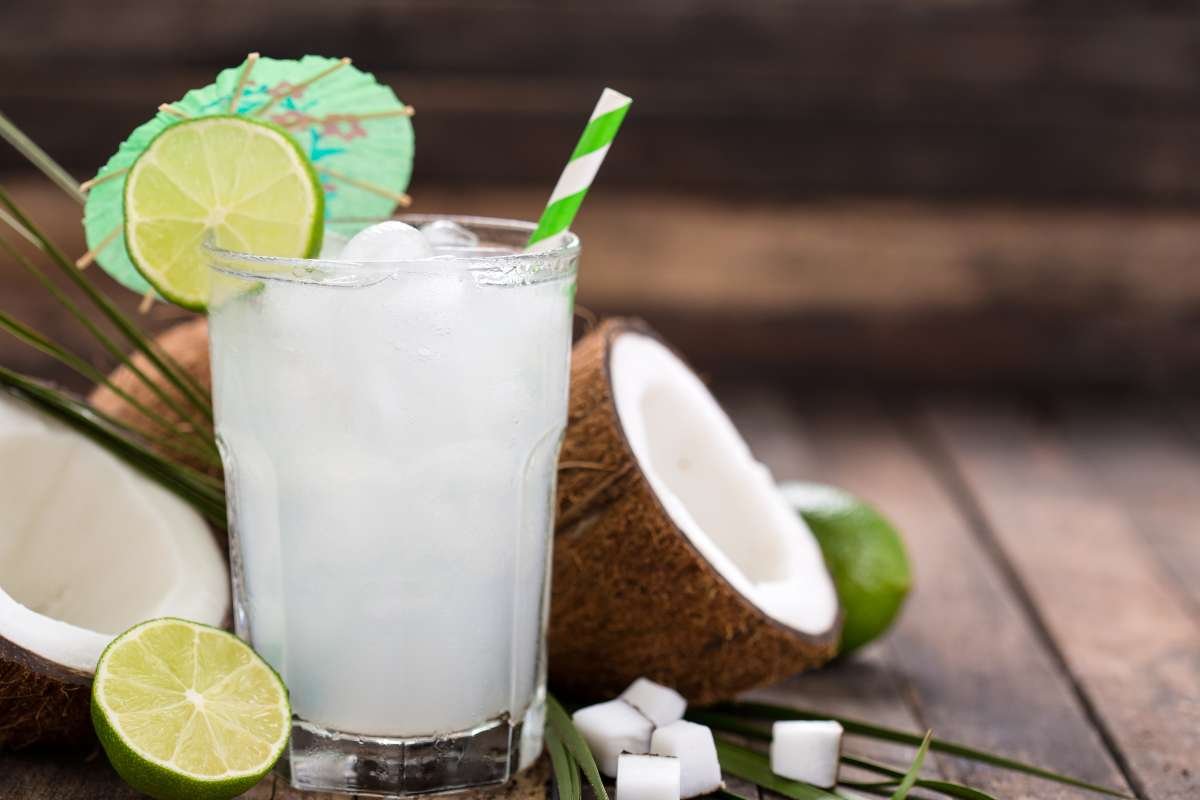
The “cortisol cocktail” is a popular drink that helps lower stress hormones. This simple mix includes coconut water, lemon or orange juice, sea salt, and magnesium. It’s one of the effective foods that reduce cortisol naturally.
Coconut water gives your body potassium and keeps you hydrated. The citrus juice adds vitamin C, which helps control cortisol levels. Sea salt supports your adrenal glands, which manage stress hormones.
This blend supports electrolyte balance and provides a gentle energy boost without caffeine. It’s beneficial when cortisol rises during the afternoon slump or after intense exercise.
Supplements That May Help Reduce Cortisol
While food is a strong foundation, sometimes the body needs extra support, especially when stress becomes chronic. Certain supplements have been shown to support a more balanced cortisol rhythm, helping you feel less wired and more at ease. Remember, supplements aren’t magic pills; when paired with good sleep, healthy food, and movement, they can make a difference.
Also Read ;- Herbal Supplements Under Scrutiny After Turmeric Linked to Severe Liver Damage
1. Ashwagandha
This ancient herb is often the first name that pops up in conversations about stress relief, and for good reason. Ashwagandha is an adaptogen, meaning it helps your body adapt to stress. Several studies have shown it can significantly lower cortisol levels over time, especially when taken consistently.
2. Rhodiola Rosea
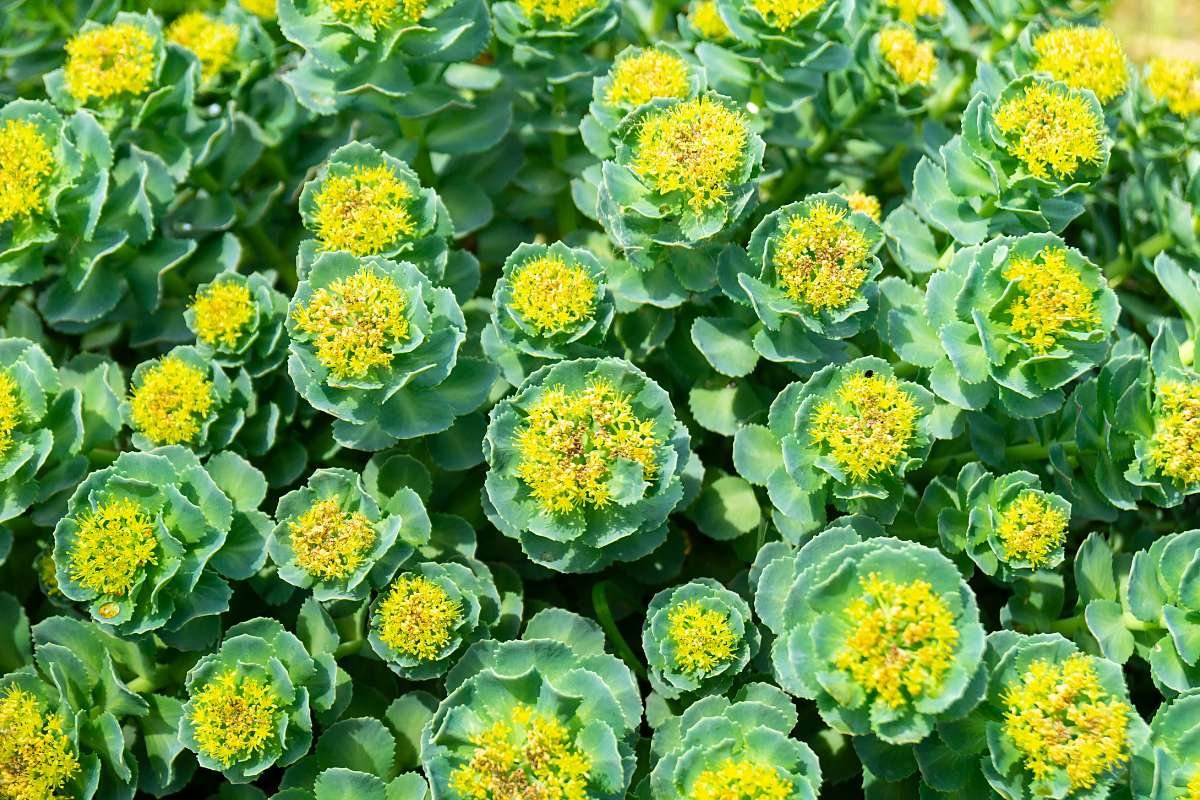
Rhodiola, another adaptogen that works similarly, is known for helping improve focus and reduce mental fatigue. It may help modulate the body’s stress response and keep cortisol spikes in check, particularly in people dealing with burnout.
3. Phosphatidylserine
Found naturally in the body, this fatty substance supports healthy brain function. Supplementing with phosphatidylserine has been linked to lower post-exercise cortisol levels and may help improve mood and memory, especially under stress.
4. Omega-3 Fatty Acids
These essential fats, commonly found in fish oil, do more than support heart and brain health. Research suggests that omega-3s may reduce cortisol in response to mental stress, making them a helpful tool during emotionally intense periods.
5. Magnesium
Magnesium involves hundreds of biochemical processes, and stress depletes it quickly. Low magnesium has been linked to increased cortisol levels and poor sleep. A magnesium supplement, especially in forms like magnesium glycinate or citrate, can help calm the nervous system.
6. L-Theanine
Naturally found in green tea, L-theanine promotes relaxation without drowsiness. It supports alpha brain wave activity, the same state associated with meditation, and may gently reduce cortisol and lower anxiety in high-pressure moments.
7. Holy Basil
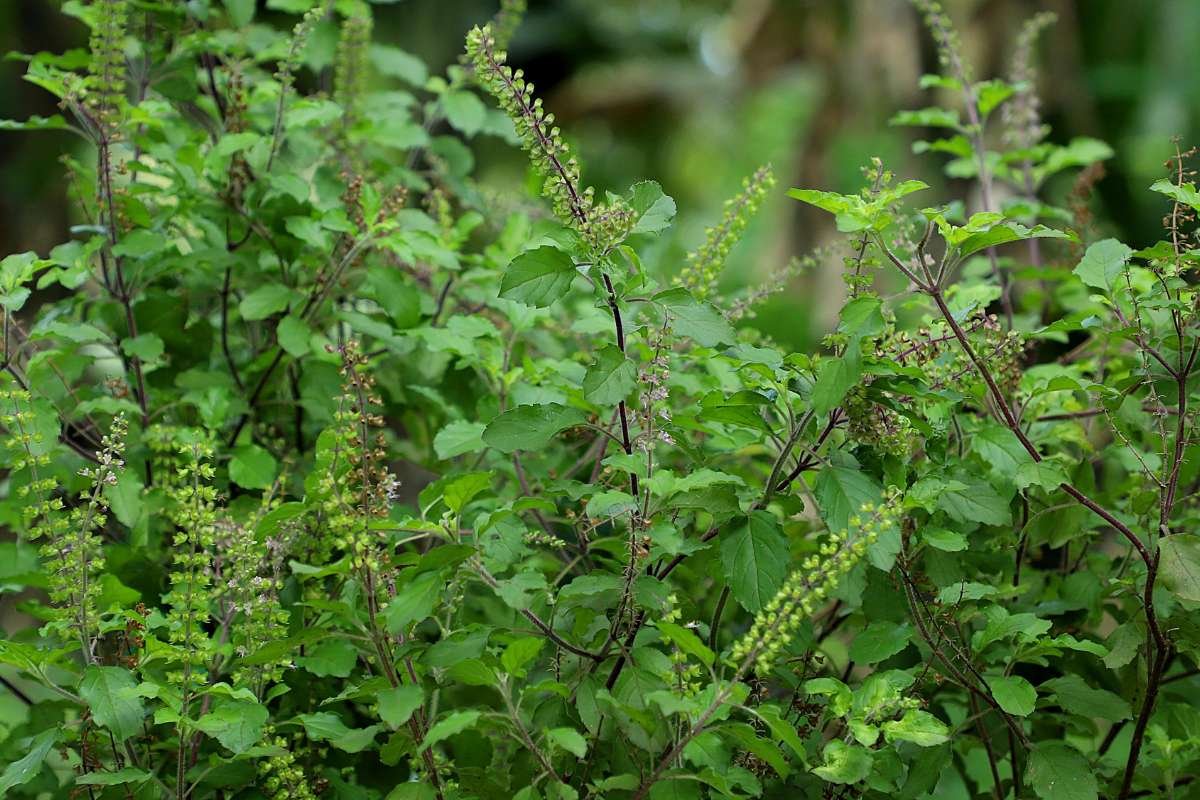
Holy basil is not just a fragrant herb but another adaptogen with roots in Ayurvedic medicine. It’s been used for centuries to support emotional flexibility and reduce stress-related symptoms. Early studies suggest it can help modulate cortisol, particularly when taken regularly.
Important Note:
Always consult a healthcare provider before adding supplements to your routine, especially if taking medications or managing a chronic condition. Not all supplements work the same for everyone, and dosage matters.
Conclusion
Chronic stress and high cortisol wear out your body and mind. You can fight this with the right foods. Choose nutrient-dense, anti-inflammatory options that keep blood sugar steady and boost gut health. Foods that reduce cortisol, like salmon, leafy greens, berries, seeds, and fermented yogurt, are easy to find and taste great. They lift your mood, lower inflammation, and help your stress response stay balanced. Eating well isn’t just about energy; it’s self-care on a plate. Start small by adding one or two of these foods to your meals each day.
FAQS
Q1. What types of foods increase cortisol?
A. Avoid foods that spike your blood sugar or overstimulate your nerves. Sugary treats, white bread, strong coffee, alcohol, and fried junk foods can all raise cortisol. They send your blood sugar skyrocketing, then crashing. That crash and the jittery energy afterward both trigger more stress hormones.
Q2. Which vitamins reduce cortisol?
A. Many nutrients can help keep cortisol in check. Magnesium, found in leafy greens, seeds, nuts, and avocados, supports nerve health and adrenal function. Vitamin C, in citrus fruits, berries, and bell peppers, boosts your immune response. B vitamins, in whole grains, fish, and eggs, help your brain make mood-regulating chemicals. Even vitamin D may play a role. Together, these nutrients work to balance stress and keep your body running smoothly.
Q3. How can cortisol be high or low?
A. High cortisol often shows symptoms like difficulty sleeping, weight gain around the belly or face, high blood pressure, frequent illness, irritability, fatigue, and digestive problems. Low cortisol may cause tiredness, low blood pressure, weight loss, or muscle weakness. A healthcare provider can confirm levels with blood, saliva, or urine tests at different times of day.

